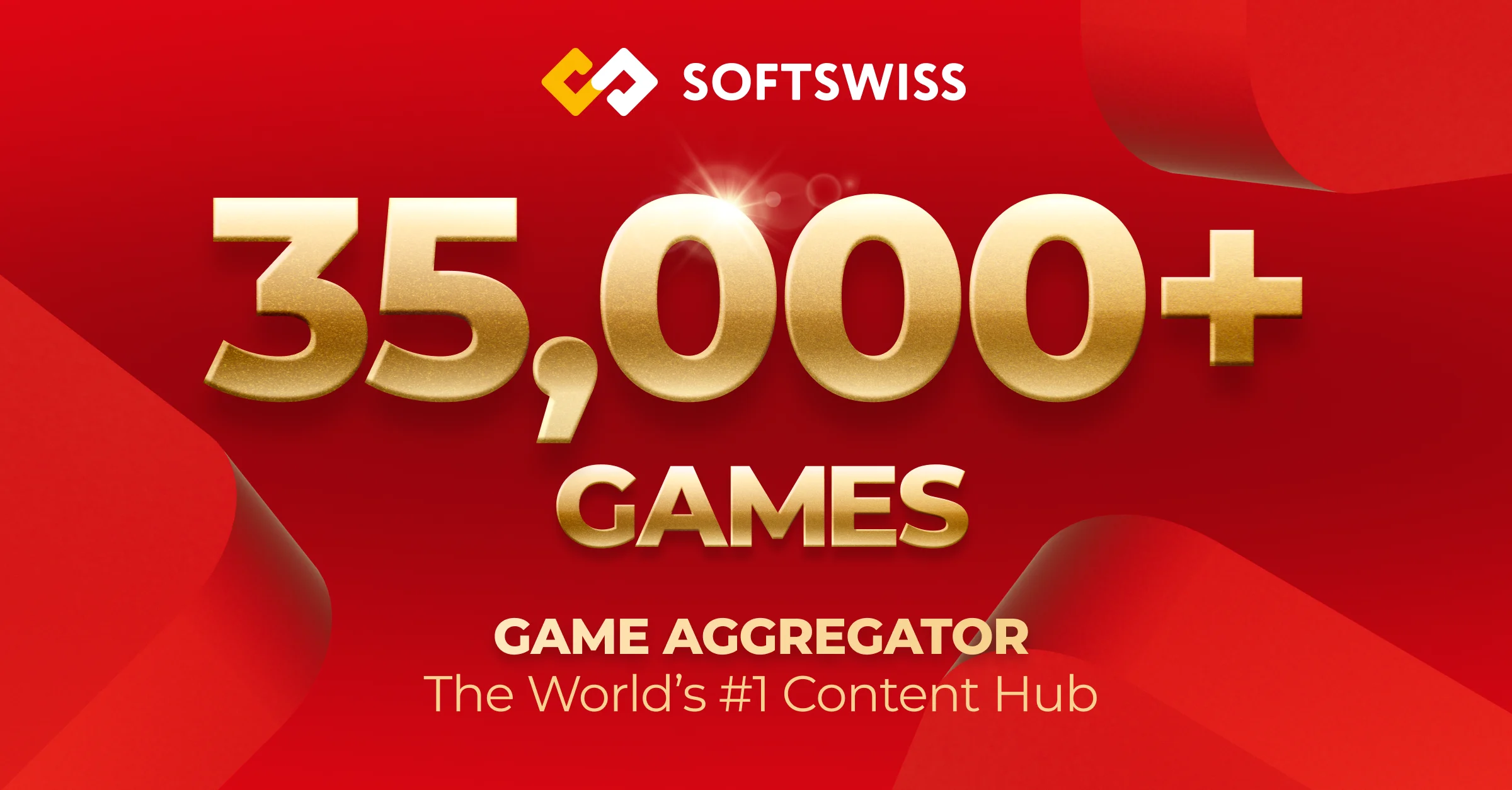According to esports news articles, betting in this vertical is highly competitive with wagering on traditional sports. This opens many opportunities for operators who search for new products to add to their sportsbooks.
Kivilcim Kücükerciyes, an Esports Product Analyst at Pinnacle, has provided an in-depth overview of the esports betting sector and answered the most popular questions about it.
How popular is esports betting in comparison to other betting products?
For the past five or so years, esports has ranked consistently in the top five of our various sports products in terms of popularity. Revenue has been exponentially rising in recent years as awareness of betting in the esports community grows. While it’s not likely to beat the likes of soccer to the top spot anytime soon, it’s certainly competing with other tier one, traditional sports. And with esports still being a significantly untapped market from a betting point of view, it’s only going to get bigger.
Did the pandemic and cancellation of traditional sports events cause a spike in interest in esports betting?
There was a spike in interest industry-wide, particularly from sportsbook customers who were looking to find betting opportunities similar to those they’d previously enjoyed. This hasn’t affected our broader strategy when it comes to esports though. We’ve been developing content and products to service a growing customer base for the last decade and this audience, which comes predominantly from the esports community, not cross-sold from the sportsbook, is where we see it best to commit our resources and investment.
What are the most popular esports titles for betting among customers?
The ‘big three’ of League of Legends, Dota 2, and CS:GO account for the vast majority of betting revenue, and we generally deliver the most coverage, as well as market-depth, across these titles. However, we still see it as hugely important to service fans of the other 30 or so esports we also provide odds for. This is a rapidly evolving space and new titles need to be serviced with quality betting offerings too. The likes of Valorant look set to become more popular in the coming years, while mobile games are seeing huge viewing figures for their professional tournaments, particularly in South Asia.
What are the peculiarities of the esports betting sector from the operator’s perspective? What are the main differences from the traditional sports betting market?
The esports audience has significantly different behaviors to that of the traditional sports fan or bettor. They consume esports in a different way and on different channels, such as Twitch and Reddit. The average esports fan is also more engaged in their community and educated on esports than the casual sports bettor, and to this end, we have to deliver a higher quality of service to build trust with them.
Those not investing in the community and being advocates of the industry’s growth will be found out. This authenticity is key for successful esports operators, much more so than it would be in the sports betting space. We have to make sure we have the expertise in-house to deliver relevant content in the right way to the communities of different esports.
What about the regulations applied to betting on esports? Are there any specific aspects that esports betting operators should pay attention to?
Fundamentally, esports follows the same rules as all other sports. The integrity of the competition has to be paramount, and that’s why we tend to focus on professional events with adequate prize pools, as opposed to studio-led content. Regulation is no different for an esports bet than a tennis one, and the interaction between events, professionals, operators, bettors, and legislators remains the same.
Fortunately, with esports relatively new to the betting space in comparison to other sports, it’s been able to pick and choose best practices from elsewhere in terms of educating players, building oversight bodies, and establishing open communication between event organizers and bookmakers.
Are there any additional advantages for punters who prefer esports? Does this market offer more opportunities?
Esports is best enjoyed live. A long-standing issue in the esports betting space has been the quality of the live product, but with streaming provisions improving, we’re now able to deliver a product that promises higher uptime, sharper prices, and bigger limits to ensure live esports can be enjoyed as it should be.
What should a bookmaker offer to attract customers who are searching for a platform to bet on esports?
Bookmakers can’t cut corners when it comes to their esports offerings. If you’re going to be successful in the long run in bridging non-bettors from the esports communities to your sportsbook, you have to offer them more.
Hiding esports amongst a packed sportsbook doesn’t give these prospective players the VIP treatment they’re after. They’re digital natives and are treated as such in other areas of their engagement with esports, and so operators have to deliver content in a way that resonates with them. That means treating esports as a standalone betting vertical, adapting the betting UX to esports fans’ preferences, and having a strong, title-specific content offering to back it up that goes beyond just the core markets that are found in traditional sports.
Read more: Betting Affiliate Programs












